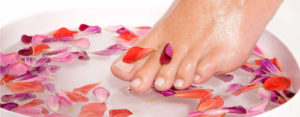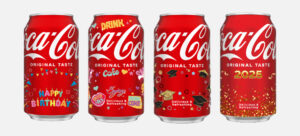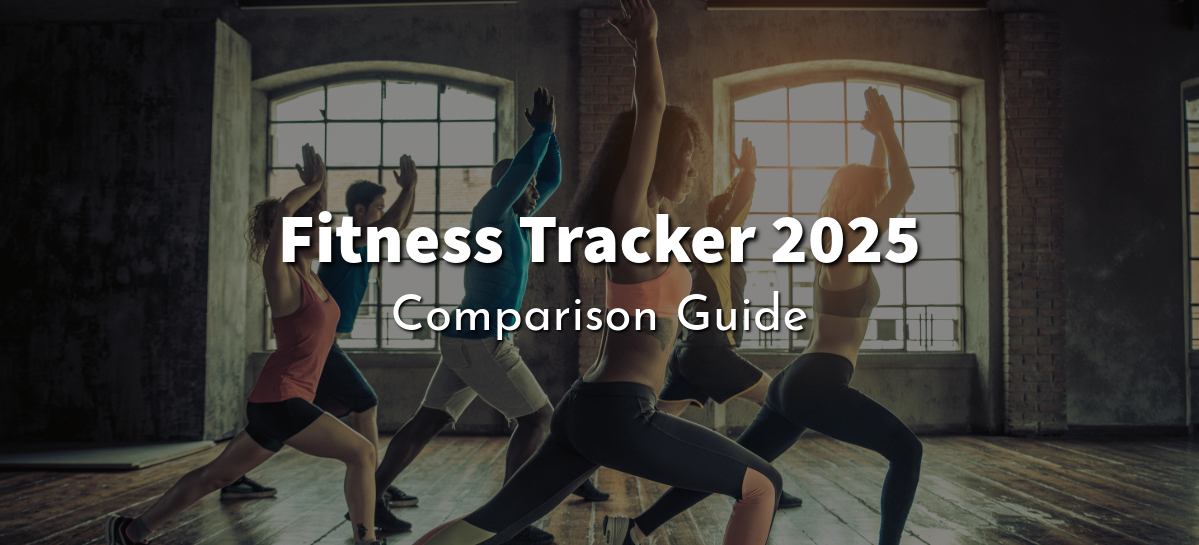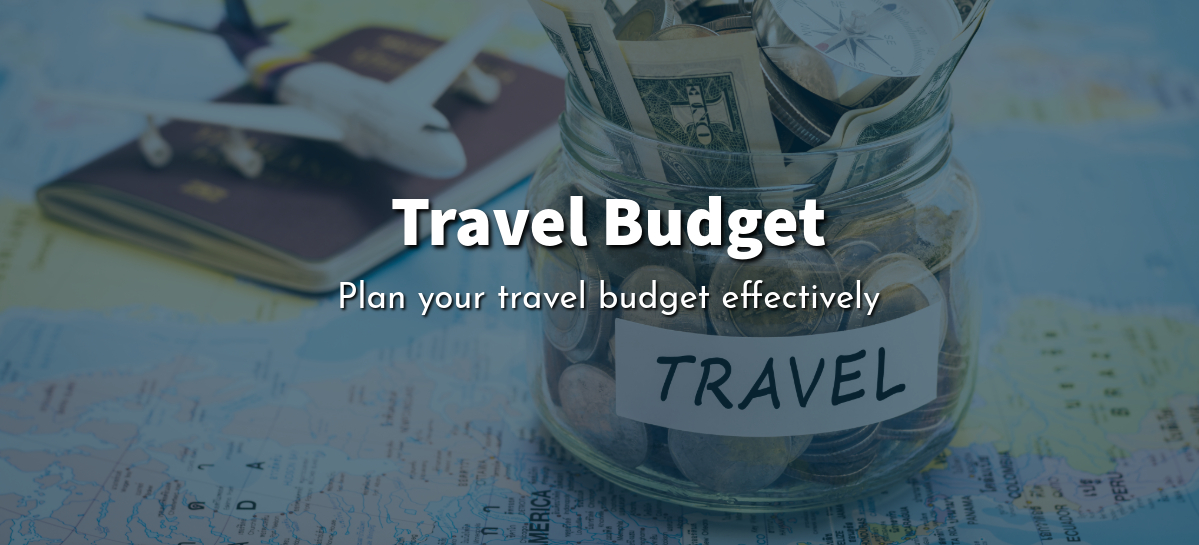Here's Why Hiking Makes You Crave Junk Food
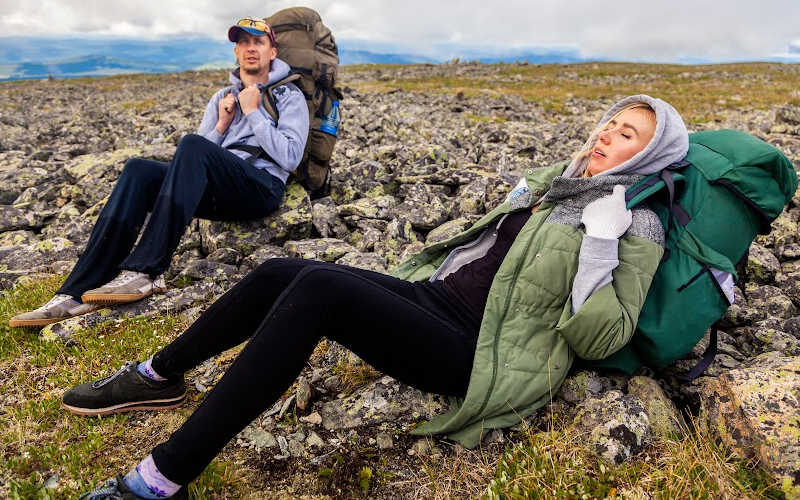
After a few days in the wilderness, it seems that food became less of a need and more of an obsession. When my husband Kaush plans a long hike where he will spend a few days in the backcountry, he gets excited about all the junk food he will eat after the hike. I can see that his mouth is watering as he thinks about all the greasy food he’s going to eat.
I had no idea it was common for hikers to feel like they want high-calorie, high-fat foods after a long-distance hike. It’s called “Hiker hunger.” This happens because during the hike, your body uses more energy than you take in.
People think that craving calories and fat can’t be avoided after a long-distance hike. According to Backpacker, contrary to what most people think, there is something you can do to stop feeling hungry all the time and losing weight. Trail snacks that are well-balanced are essential, particularly for long-distance hikers. Dieticians Aaron “sling” Owens Mayhew and Clair Shorestin talk about why you need to know when and what to eat on Backpacker.
We put together ideas and tips we learned from our own experiences as well as advice from professionals on how to fight hiker hunger.
Snack Right & Snack Often
When Kaush and I go on a long hike, we stop regularly for a quick snack and water to keep us hydrated and nourished. The key is to eat small snacks that give your body the energy it needs to keep going.
When people go on long hikes, some people often lose their appetite and find it hard to get their energy back. When I’m traveling, this sometimes happens to me, and I end up not being able to eat much, so I lose weight. I’ve noticed that this happens when I’ve been walking a lot and am on a tight schedule to see a lot of places. Outdoor Is Home explains why hiking suppresses your appetite, which is a very interesting topic to read about.
When we went on a 3-days hike to Truchas Peak, surprisingly, I was able to eat well in the evenings and mornings at the campsite, and I didn’t really have cravings for specific types of foods afterwards. Whereas, Kaush couldn’t wait to drive out to the nearest town to eat some heavy food. I think that eating healthy snacks that gave me energy while hiking helped me deal with the stress on my body.
Because Kaush knows I could easily lose appetite when I travel, he made sure we stop every 45 minutes to an hour to eat a quick snack and drink some water. We found a place under the trees where we could stand or sit with our backpacks on and rest our heavy bags on a big rock or a fallen tree trunk, unless we were really tired and needed a 10-15 minute break. Kaush doesn’t eat every time we stop for a short break, but makes sure I eat something even if it’s one piece of nuts or chocolate.
In the beginning, we usually snack on a few nuts and one or two dried dates. When we start feeling more tired, we reach for energy snacks and our personal favorites. Kaush likes things that are easy to eat and quick to give energy when trekking, so he goes for chewable electrolytes and energy bars. I need the satisfaction of chewing and drinking something, so I choose flavored electrolytes that I can mix with water and eat fruit jellies and chocolates.
When you travel or go hiking, there are some things you must bring with you, like an itinerary, your ID, and your wallet. And there are things you need for yourself that are important. This is also true for hiking food and snacks. If you’re wondering what is the best food to eat while hiking, we shared some of our favorite hiking snacks and foods as well as some essential snacks you may want to bring on your next hike to keep your body nourished.
Stay Hydrated
Kaush always talks about how important it is to get hydrated before starting any physical activities, especially when trekking outdoors. When you feel thirsty to drink, it is a late sign of dehydration and it’s difficult to recover while walking and carrying heavy loads on your back. This is something he learned from marathons and previous hikes. Evan Werk, MD, Banner Health sports medicine and family medicine physician, explained “You can never start hydration too early. A constant and consistent level of hydration will improve performance.”
It’s important to drink a lot of water and eat enough calories both before and after your hike, so you don’t have to experience extreme hunger or a craving for high-calorie, high-fat foods. I hope these recommendations and ideas will help you find in finding your own best practice of preparing for your next hiking trip.

